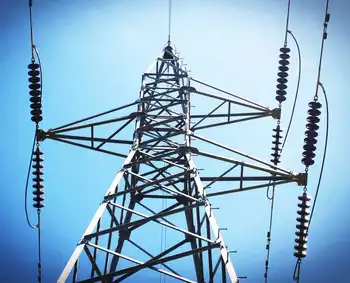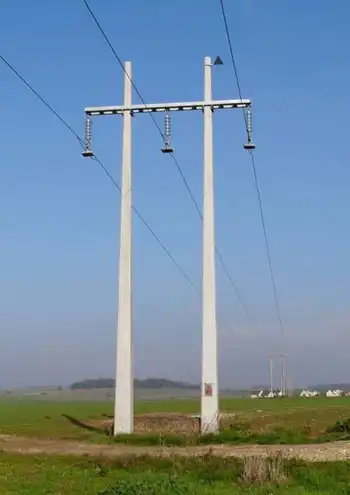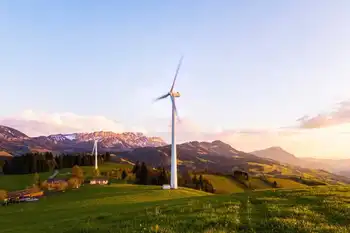France and Germany arm wrestle over EU electricity reform

Arc Flash Training CSA Z462 - Electrical Safety Essentials
Our customized live online or in‑person group training can be delivered to your staff at your location.

- Live Online
- 6 hours Instructor-led
- Group Training Available
EU Electricity Market Reform CFDs seek stable prices via contracts for difference, balancing renewables and nuclear, shielding consumers, and boosting competitiveness as France and Germany clash over scope, grid expansion, and hydrogen production.
Key Points
EU framework using contracts for difference to stabilize power prices, support renewables and nuclear, and protect users.
✅ Guarantees strike prices for new low-carbon generation
✅ Balances consumer protection with industrial competitiveness
✅ Disputed scope: nuclear inclusion, grids, hydrogen eligibility
Despite record temperatures this October, Europe is slowly shifting towards winter - its second since the Ukraine war started and prompted Russia to cut gas supplies to the continent amid an energy crisis that has reshaped policy.
After prices surged last winter, when gas and electricity bills “nearly doubled in all EU capitals”, the EU decided to take emergency measures to limit prices.
In March, the European Commission proposed a reform to revamp the electricity market “to boost renewables, better protect consumers and enhance industrial competitiveness”.
However, France and Germany are struggling to find a compromise as rolling back prices is tougher than it appears and the clock is ticking as European energy ministers prepare to meet on 17 October in Luxembourg.
The controversy around CFDs
At the heart of the issue are contracts for difference (CFDs).
By providing a guaranteed price for electricity, CFDs aim to support investment in renewable energy projects.
France - having 56 nuclear reactors - is lobbying for nuclear energy to be included in the CFDs, but this has caught the withering eye of Germany.
Berlin suspects Paris of wanting an exception that would give its industry a competitive advantage and plead that it should only apply to new investments.
France wants ‘to regain control of the price’
The disagreement is at the heart of the bilateral talks in Hamburg, which started on Monday, between the French and German governments.
French President Emmanuel Macron promised “to regain control of the price of electricity, at the French and European level” and outlined a new pricing scheme in a speech at the end of September.
As gas electricity is much more expensive than nuclear electricity, France might be tempted to switch to a national system rather than a European one after a deal with EDF on prices to be more competitive economically.
However, France is "confident" that it will reach an agreement with Germany on electricity market reforms, Macron said on Friday.
Siding with France are other pro-nuclear countries such as Hungary, the Czech Republic and Poland, while Germany can count on the support of Austria, Luxembourg, Belgium and Italy amid opposition from nine EU countries to treating market reforms as a price fix.
But even if a last-minute agreement is reached, the two countries’ struggles over energy are creeping into all current European negotiations on the subject.
Germany wants a massive extension of electricity grids on the continent so that it can import energy; France is banking on energy sovereignty and national production.
France wants to be able to use nuclear energy to produce clean hydrogen, while Germany is reluctant, and so on.











